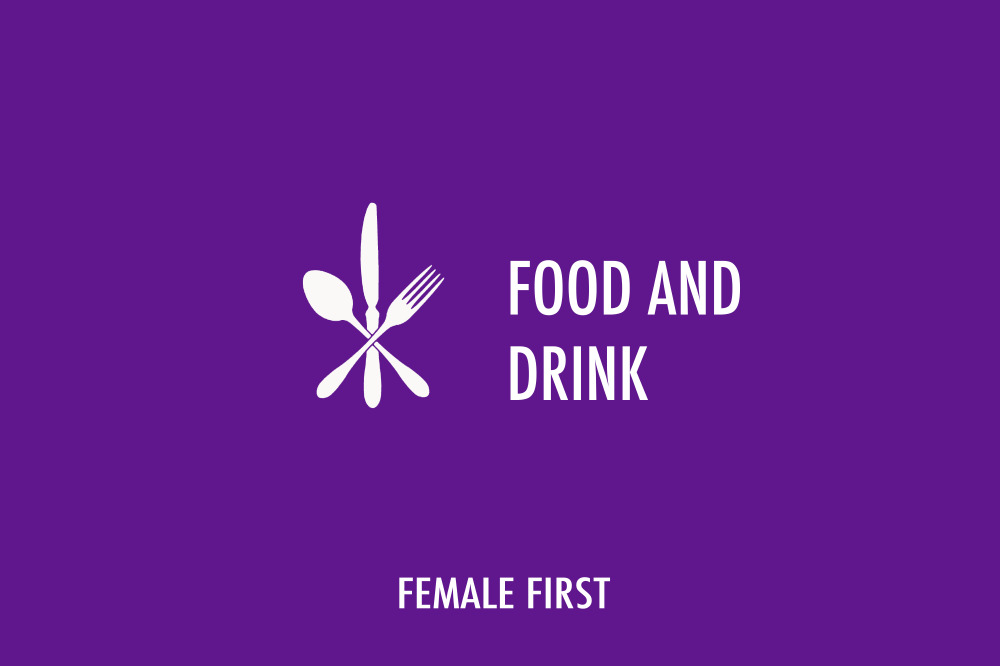This Christmas its time to make the most of those lefovers and stop wasting food. Instead make meals as delicious as your Christmas dinner until there is no more turkey in sight. Helen White, Head of Love Food Hate Waste talks to us about food wastage and how we can make steps to reduce our food wastage.

Food and Drink on Female First
1. So tell us a bit about yourself and your background?
My official job title is Programme Area Manager for Consumer Engagement within the Food & Drink team at the resource efficiency charity WRAP, which means, amongst other things, I am responsible for the development and delivery of the Love Food Hate Waste campaign.
I am passionate about helping people to reduce food waste, although over the last 10 years I have also worked on food waste reduction in the supply chain, re-use and improving recycling communications.
I'm delighted to be tackling food waste alongside the Food Standards Agency again; and this time we're focusing on helping consumers to reduce household food waste at Christmas.
2. How much food do we waste around Christmas?
In the UK we throw away 7 million tonnes of food and drink from our homes every year, most of which could have been eaten. Wasting this food costs the average household £470 a year. The message is particularly pertinent around Christmas time as the volume of food we prepare (and potentially waste) peaks during the festive season when many of us are catering for our friends and family.
3. Do you have any tips on how we can waste less food?
Make an old-fashioned shopping list, which will help you to steer clear of shopping on auto-pilot and buying festive foods because it's traditional - it's OK not to buy a Christmas pudding if no-one likes it! Think about what didn't get eaten last year, and don't buy it again this year. With a little bit of planning, you can make sure you're not chucking away your hard-earned cash on unloved food and drink.
4. Does the stress of preparing food contribute to our wastage of food?
Cooking for more people than usual can mean that we have to do things a bit differently. That's why we've teamed up with the FSA on the 'Freezer Fairy' campaign, to help people with how to use their freezer more effectively - and safely - to make their food go further, which hopefully will take some of the stress out of Christmas.
5. How does freezing food help to create less waste?
Freezing is a really convenient way of minimising food waste. You can freeze pretty much everything and freeze right up to the Use By date, because freezing acts a bit like a pause button. If you've got leftovers, you should cool them, then cover them and ensure that they go in the fridge or freezer within a couple of hours. If you have a lot of one type of food, splitting it into smaller portions will help it to cool quickly and means you can freeze and defrost only what you need for future dishes.
You can freeze turkey, other meat and meals cooked from previously cooked and frozen meat. But once defrosted, the pause button is off, so enjoy within 24 hours.
6. With Christmas approaching how can we best prepare for Christmas dinner?
Why not try preparing your veg in advance? If you don't want to spend Christmas morning peeling pounds of potatoes, get ahead by parboiling them for five minutes, then drain and cool before freezing. You can do the same with batons of carrot and parsnip, or even Brussels sprouts, which will need slightly less cooking time than usual.
Cranberry sauce, bread sauce and chestnut stuffing can also be frozen in advance - you'll just need to add a splash of cream or milk to the bread sauce after reheating it.
7. How can we use our Christmas leftovers?
Christmas leftovers can either be frozen to eat at a later date or made into other delicious dishes, such as our Turkey and Goats Cheese Tarts or Gammon and Pea Soup.
8. How can we store leftovers safely?
The Food Standards Agency recommends the following steps for safely stored leftovers:
- If you are going to store leftovers in the fridge, cool them as quickly as possible (ideally within 90 minutes) cover them and eat them up within two days
- If you are going to freeze them, cool before putting them in your freezer. Once foods are in the freezer, they can be safely stored there forever, in theory - but the quality will deteriorate so it's best to eat them within three months
- Make sure you defrost leftovers properly before reheating. Defrost them in the fridge over night, or in the microwave if you intend to cook them straight away
- Eat leftovers within 24 hours of defrosting and do not refreeze. The only exception is if you are defrosting raw food, such as meat or poultry, once it's cooked it can be refrozen
- Cook leftovers until steaming hot throughout
- Don't reheat leftovers more than once
9. Do you think the use by date on products makes us more inclined to waste food?
Date labels do cause confusion, which can result in throwing away food that is perfectly safe to eat.
The Use By date is the most important, as it relates to food safety. Most food can be frozen safely up to the Use By date, but not after.
Best Before is about quality, not safety. Food that's gone beyond that date won't be harmful, but may have lost a bit of flavour or texture.
10. Finally what is next for you?
The fight against food waste continues and I'll be helping to make sure all of us know that we need to play our part - and how.

Tagged in Food And Drink

